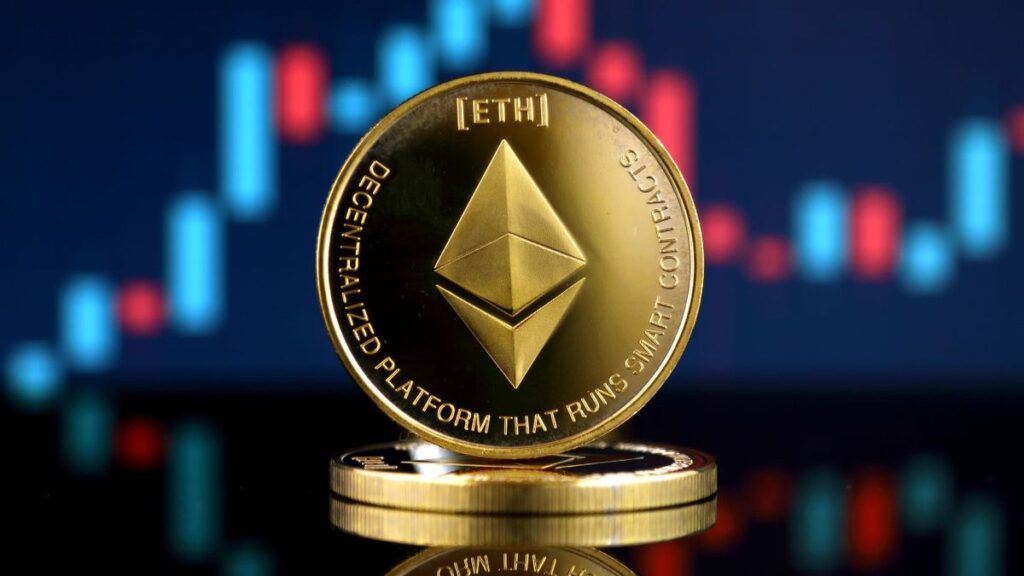At present, Bitcoin is the most widely used crypto money. Despite its widespread acceptance, however, it is not without drawbacks. There are hefty transaction fees associated with utilising bitcoin, and secondly, it is illegal in many countries. Furthermore, many investors are finding it difficult to invest in the trading market now that BTC has reached the $48,500 barrier. If you’re looking to invest in blockchain technology, you’re in luck: there are more than 8,000 different cryptocurrencies already in circulation as of December 2021. If you need Bitcoin alternatives that don’t have the aforementioned issues but still meet your needs, look no further than this comprehensive list.
Best Bitcoin alternatives
Because bitcoin is just one of many cryptocurrencies, you have many choices besides Bitcoin to select from. One of the primary reasons for this is the significant amount of power that is required to keep the Bitcoin infrastructure operational. There are a number of additional aspects to consider. These are some of the most viable alternatives to Bitcoin that you could use.

1. Ethereum (ETH)
According to Coinmarketcap, Ethereum has a market cap of $19.16 billion and a daily trading volume of $476.53 billion, making it the second most valuable cryptocurrency. It’s Bitcoin’s largest competitor since it offers several capabilities Bitcoin doesn’t, such smart contracts, which make it possible to create Ethereum apps and Initial Coin Offerings (ICOs) on the Ethereum blockchain. Ethereum, which was developed in 2013 by Vitalik Buterin and released in 2015, has a maximum issuance of 105,000,000 tokens.
In January of 2018, the price of Ethereum reached a high of $1,400. Since then, however, it and the rest of the cryptocurrency market have experienced a precipitous decline. As of the end of 2021, its momentum has increased dramatically. Ethereum (ETH) provides smart contracts, which facilitate more intricate trades than Bitcoin (BTC).

2. Binance Coin (BNB)
The Binance Coin (BNB) is the cryptocurrency used to pay the Binance Exchange’s transaction fees. In terms of market cap, it comes in at number three among cryptocurrencies. Token users at the exchange may get a discount if they use the token as their payment method. The cryptocurrency that drives Binance’s decentralised exchange is called Binance Coin, or BNB for short. Changpeng Zhao founded one of the most active cryptocurrency markets, the Binance Exchange.
Initially, Binance Coin was an ERC-20 token that could be used on the Ethereum network. In the end, its own mainnet was released. PoS is used as the network’s consensus technique. As of November 2021, the market value of Binance Coin is $91.5 billion, and one BNB is worth $545.

3. Litecoin (LTC)
Litecoin, which was established by Charlie Lee in 2011 as a fork of Bitcoin, has a market valuation of $10.5 billion, a daily trading volume of $1.5 billion, and ranks sixth among all cryptocurrencies in terms of value. Litecoin, like bitcoin, is a peer-to-peer digital currency, although it differs from bitcoin in a few key respects. Litecoin’s blockchain allows for far quicker transactions and purchases than Bitcoin’s. Litecoin transactions take roughly two and a half minutes, while Bitcoin transactions take around ten. A maximum of 69,000,000 coins will ever be produced. Even though Litecoin’s price peaked in December 2021 at $152, it is still an excellent choice for micro-trading.
4. NEO
Da Hongfei and Erik Zhang founded NEO in 2014 as an open-source, distributed blockchain platform and cryptocurrency that facilitates the creation of digital assets and smart contracts. With a current market worth of $1.8 Billion and a daily trading volume of $207 Million, it is the 68th most valuable cryptocurrency. Similar to Litecoin, NEO is one of the most used cryptocurrencies due to its fast transaction times.
More investors and businesses can benefit from trading or holding NEO tokens or currencies because NEO has more features than Litecoin. There is no cap on the overall amount of NEO like there is with Bitcoin; instead, only 70 million NEO will ever be issued. As of the end of 2021, the cost of a Neo is $26.21.

5. Cardano (ADA)
The goal of the Cardano project, which started in 2015, is to revolutionise the process by which new cryptocurrencies are created. Transactions on its blockchain are powered by the ADA coin. With a market valuation of $42 billion and a daily trading volume of $1.3 billion, it is now the sixth largest cryptocurrency. Cardano stands out from the crowd because it is both a digital currency and a decentralised computing platform that facilitates the creation of smart contracts and decentralised applications. The price of Cardano ($1.26) makes it accessible to even the most modest of investors.

6. Ripple
Ripple is a distributed ledger network that was designed to make financial transactions fast while maintaining a high level of safety. Because it relied on blockchain technology, it was a trustworthy network for conducting transactions. Because of this, people are more likely to trust it when it comes to cryptocurrency. Since the processing time on the Ripple network is far shorter and the fees associated with transactions are significantly cheaper than those associated with Bitcoin, it has a higher grade than its competitor. As a result, it is not completely out of the question to consider Ripple as a viable alternative to Bitcoin.

















Leave a Reply